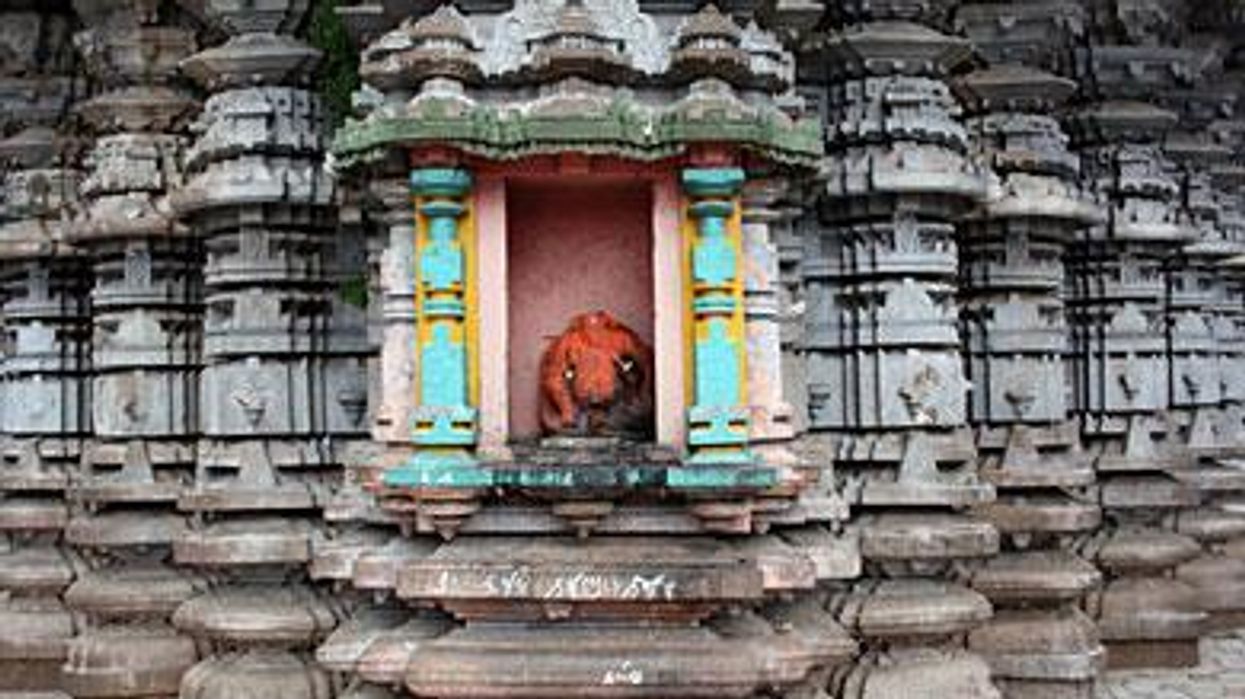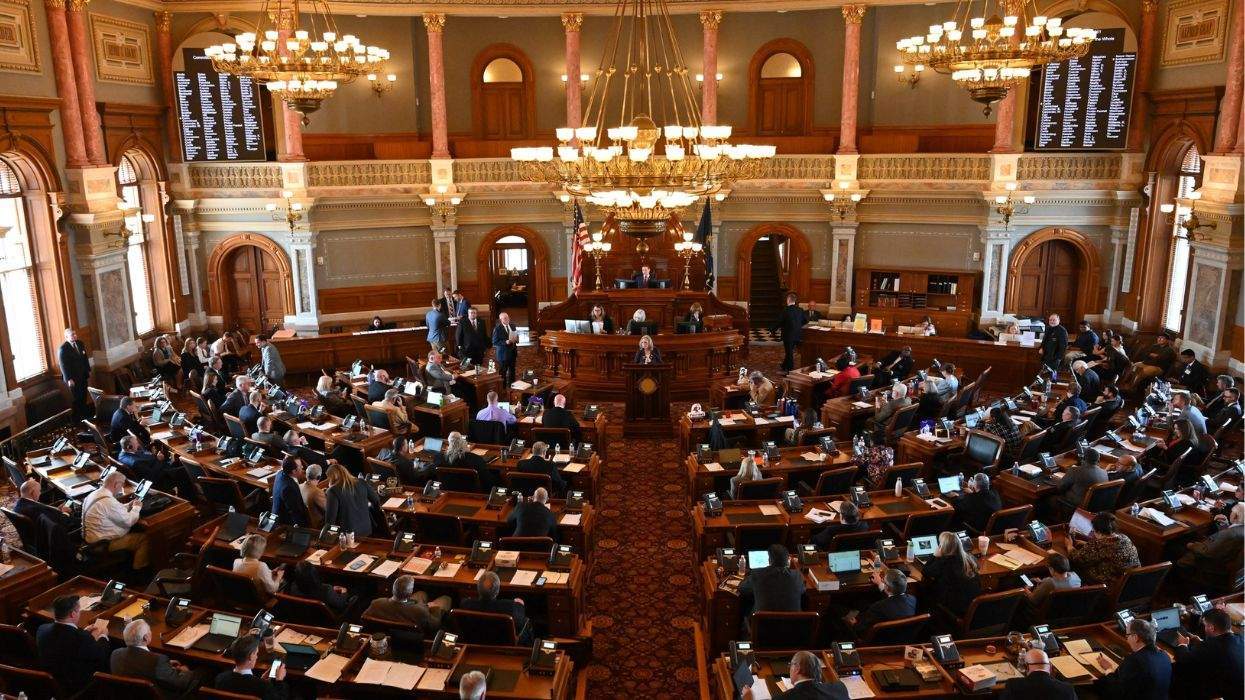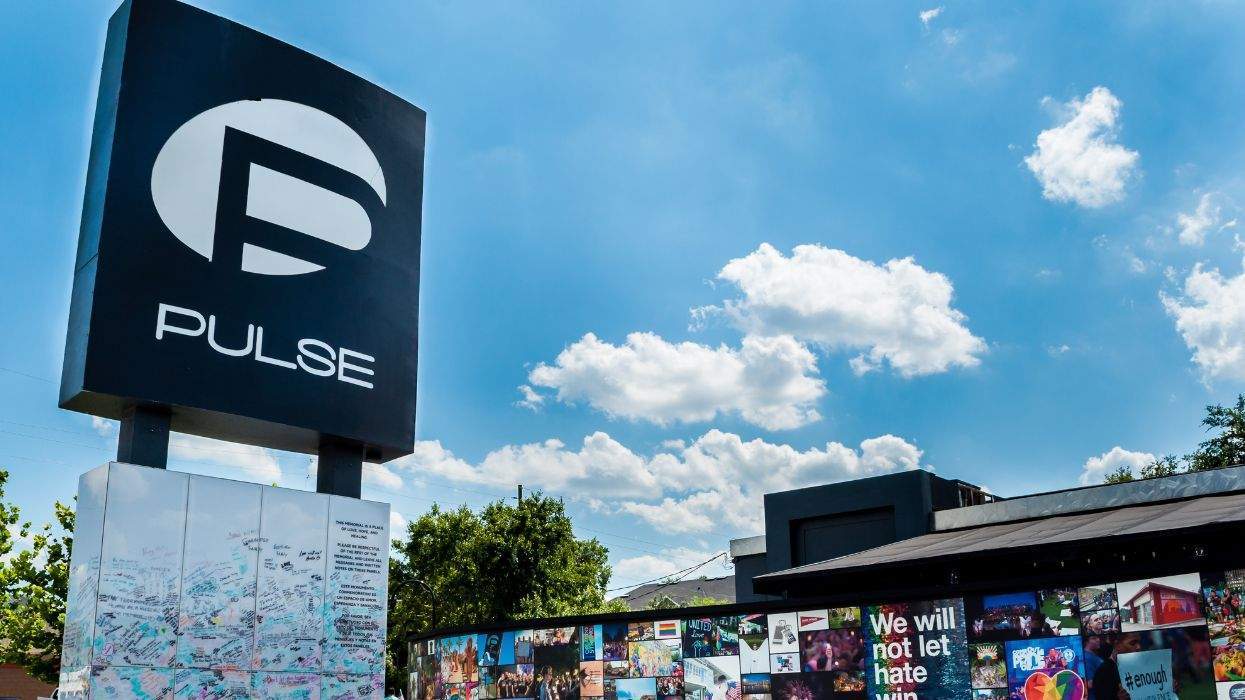Sunil Pant is sitting in Splash, a two-story gay bar in New York City, describing options for getting married on Mount Everest. "You land in Kathmandu and fly to Lukla," he says. "From there you have to walk a couple hours. If you want to do it in the Buddhist tradition, we can supply a lama to bless you, or there are shamans who can bless you in a very tantric way. Or you have a Hindu priest or even a Christian padre." He pauses. "Or you can do it in a conservation park with an elephant safari."
If Nepal is not the first place that springs to mind when you think of a gay-friendly destination, Pant wants to change that. The out gay parliamentarian has made it a mission to turn Mount Everest into a gay wedding hot spot, and will likely succeed long before America's tortuous two-steps forward, two-steps back dance around marriage equality has reached its conclusion. With 2011 designated Visit Nepal Year, Pant has seized the opportunity to coach the country's travel industry in the art of making gay travelers feel welcome. "We encourage them to speak, in a nice way, and not just pretend they don't know, and then ask, 'Where is your wife?' to the gay man, for example, or 'Where is your husband?' to the lesbian."
In New York to address a Rubin Museum symposium on sexuality in the Himalayas, the skinny, boyish 37-year-old was a model of the charm and eloquence that has made him such a powerful leader at home, where he played a vital role in the creation of the country's new constitution. That includes marriage equality and, uniquely in the world, passports and ID cards that allow trans people to identify as "third gender." It's ratification has proven painfully slow, but not because of it positions on queer rights, which received cross-party support.
No one is surprised that gay couples can marry in Stockholm or Berlin, but Nepal? For Pant, the explanation may be largely religious, and not just because in Hinduism--the country's predominant faith -- God has many likenesses, including transgender icon Lord Shiva. "Our religious communities focus on their own business, whereas in the U.S. they are more engaged in politics. In addition, our high court not only legalized full equality, but ordered the government to ensure it."
The government hasn't always obeyed-Pant was one of 70 people arrested in September during a peaceful protest against the Ministry of Home Affairs, which has so far resisted issuing "third gender" ID cards -- but ratification of the constitution is only a matter of time. Pant, for one, is hopeful that Nepal will soon follow South Africa to become the second nation in the world to enshrine gay rights in the constitution.
Pant had a better experience in Tokyo, where he stumbled on a gay book store and had to ask the owner to explain the homoerotic titles. "This is a gay bookstore," replied the owner. "And over there is a gay bar and a gay restaurant, and in that store you can buy a G-string." Pant returned to Nepal determined to find like-minded people. He did-in Kathmandhu's Ratna Park. "In one week I met 500 LGBT members, and this is just in a tiny park," he marvels. "We started talking about gender, sexuality, HIV, condoms."
Galvanized by one suicide and a murder in the space of a few months, Pant launched the Blue Diamond Society to establish care and support programs throughout Nepal. When Maoists came to power in 2008, after a violent civil war that led to the abolition of the monarchy, Pant unexpectedly found himself on the electoral ticket, a rainbow flag in one hand, a Communist party flag in the other.
Against the booming, kinetic bass line of a dance song and the splashy projections of a giant disco ball above his head, Pant's story feels incongruous. There is, he says, no equivalent to Splash in Nepal, but equally he can think of no bars that would be considered "straight." Asked if Nepal has gay icons equivalent to Cher, he looks puzzled by the concept. "We don't have a Cher," he says. Lord Shiva, apparently, will have to do.















